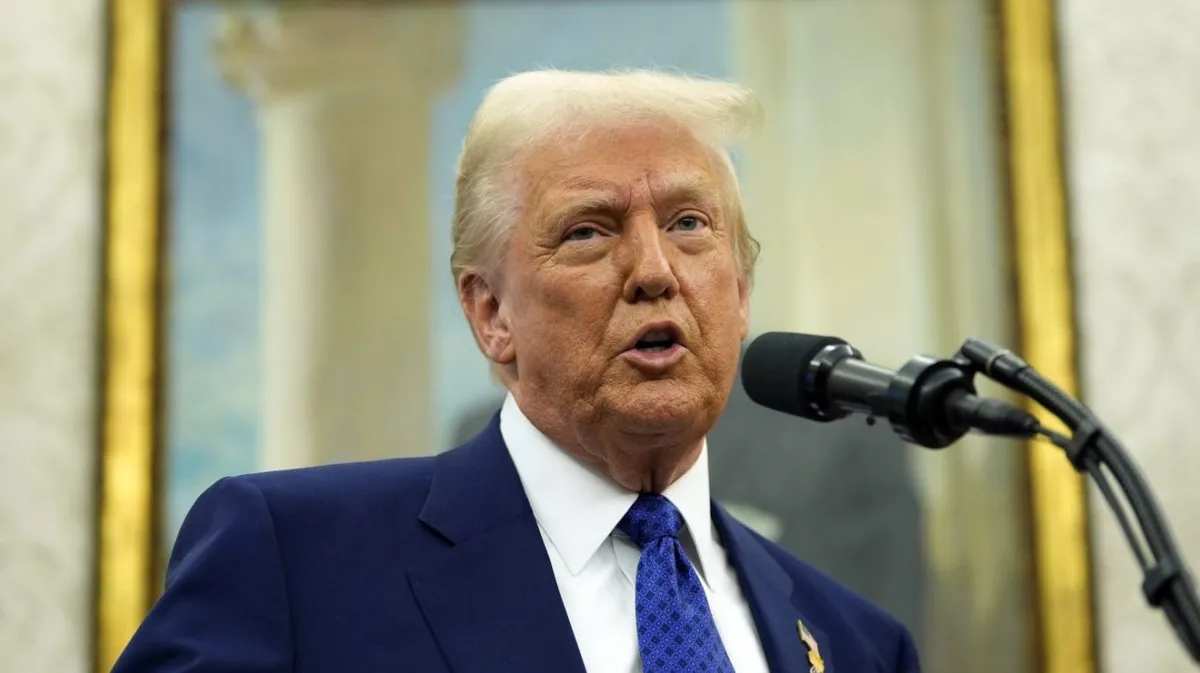
A federal judge has issued a temporary block on parts of former President Trump's executive orders aimed at ending the federal government’s support for diversity, equity, and inclusion (DEI) initiatives. This decision highlights ongoing legal battles over DEI policies in the federal government.
U.S. District Judge Adam B. Abelson, who was appointed by former President Biden, granted a preliminary injunction on Friday. This injunction prevents the current administration from modifying or terminating contracts perceived as DEI-related. This decision safeguards DEI efforts against executive actions aimed at their termination.
The federal judge also ruled against the administration's ability to initiate any False Claims Act enforcement actions or similar actions under the Enforcement Threat Provision. This includes actions based on certifications made under the Certification Provision, thereby protecting organizations from potential legal repercussions.
Since taking office on January 20, former President Trump signed two executive orders with the intention of eliminating DEI efforts within the federal government. These orders have also influenced policies in higher education and corporate America, leading to job terminations and triggering multiple lawsuits.
In response to the lawsuits, the administration defended the executive orders, asserting that they were consistent with existing legislation. However, Judge Abelson noted that the plaintiffs demonstrated their standing and irreparable harm, suggesting that the Termination and Enforcement Threat Provisions are unconstitutionally vague.
The judge emphasized that the provisions' vagueness was not their only constitutional flaw. He described the orders as a form of viewpoint discrimination, which he categorized as the most blatant and egregious form of content discrimination.
Despite this ruling, the Department of Justice retains the authority to compile and investigate DEI efforts within schools and corporations. However, the recent injunction restricts the enforcement of actions that would otherwise undermine these efforts.
This development signifies a significant moment in the legal discourse surrounding DEI initiatives, as federal policies continue to evolve in response to judicial intervention.